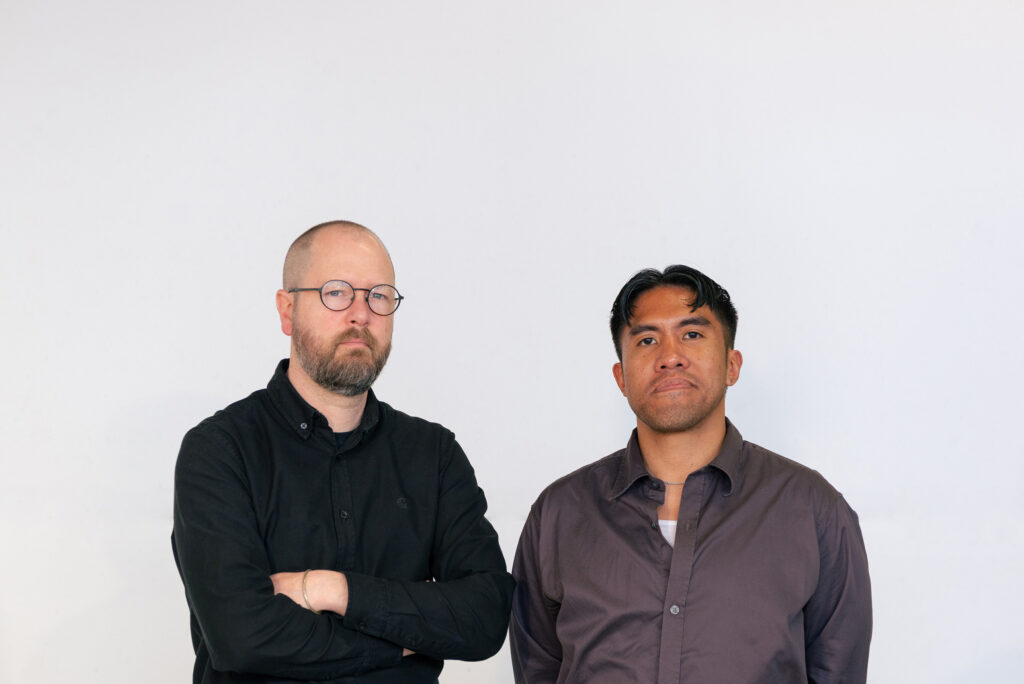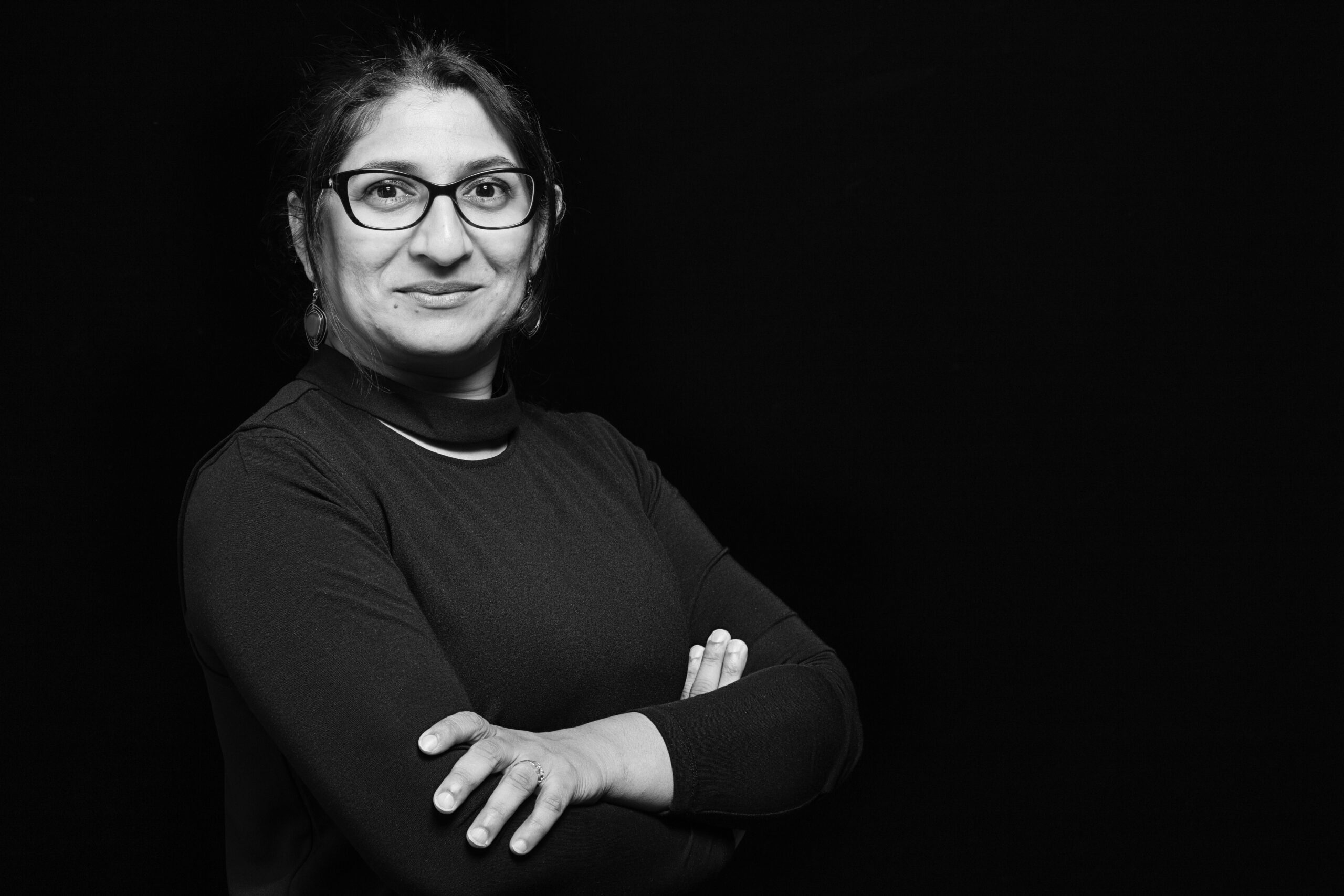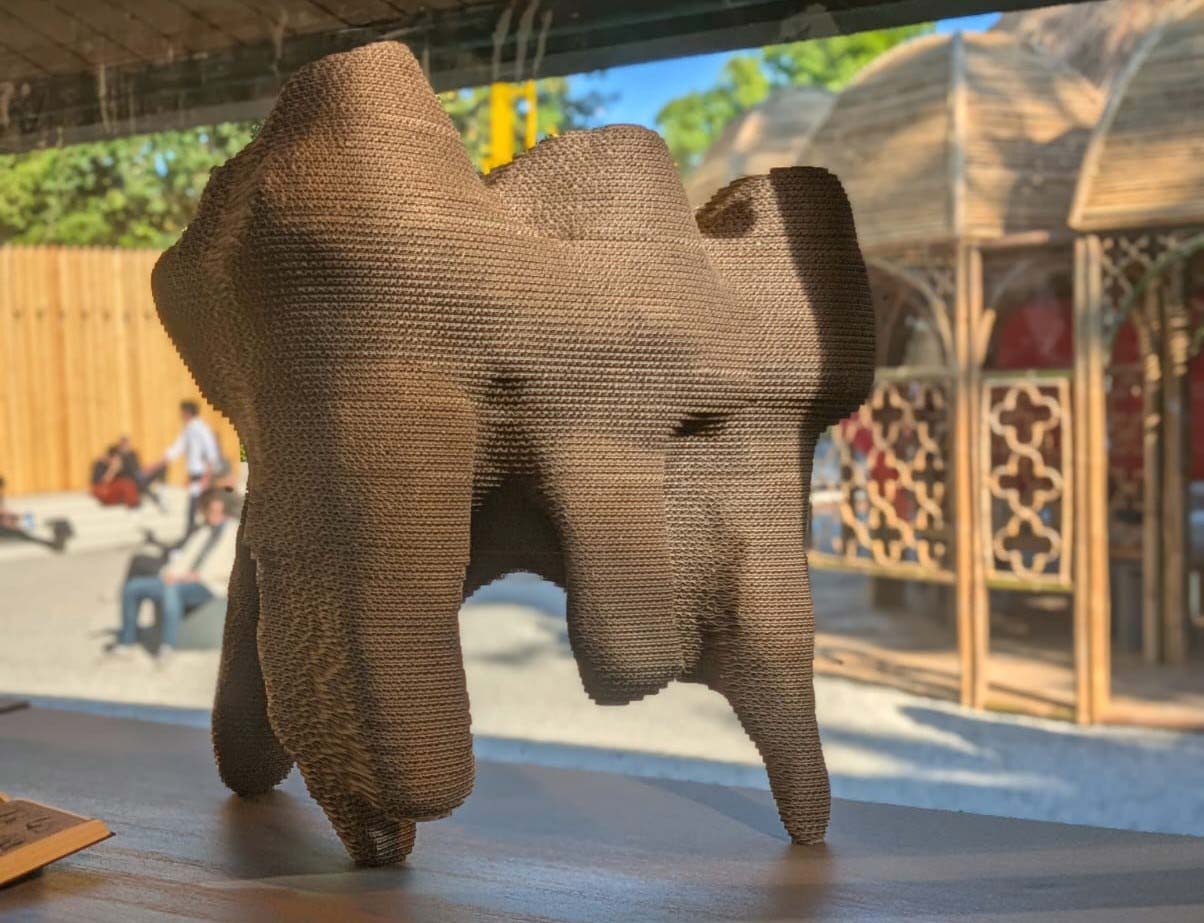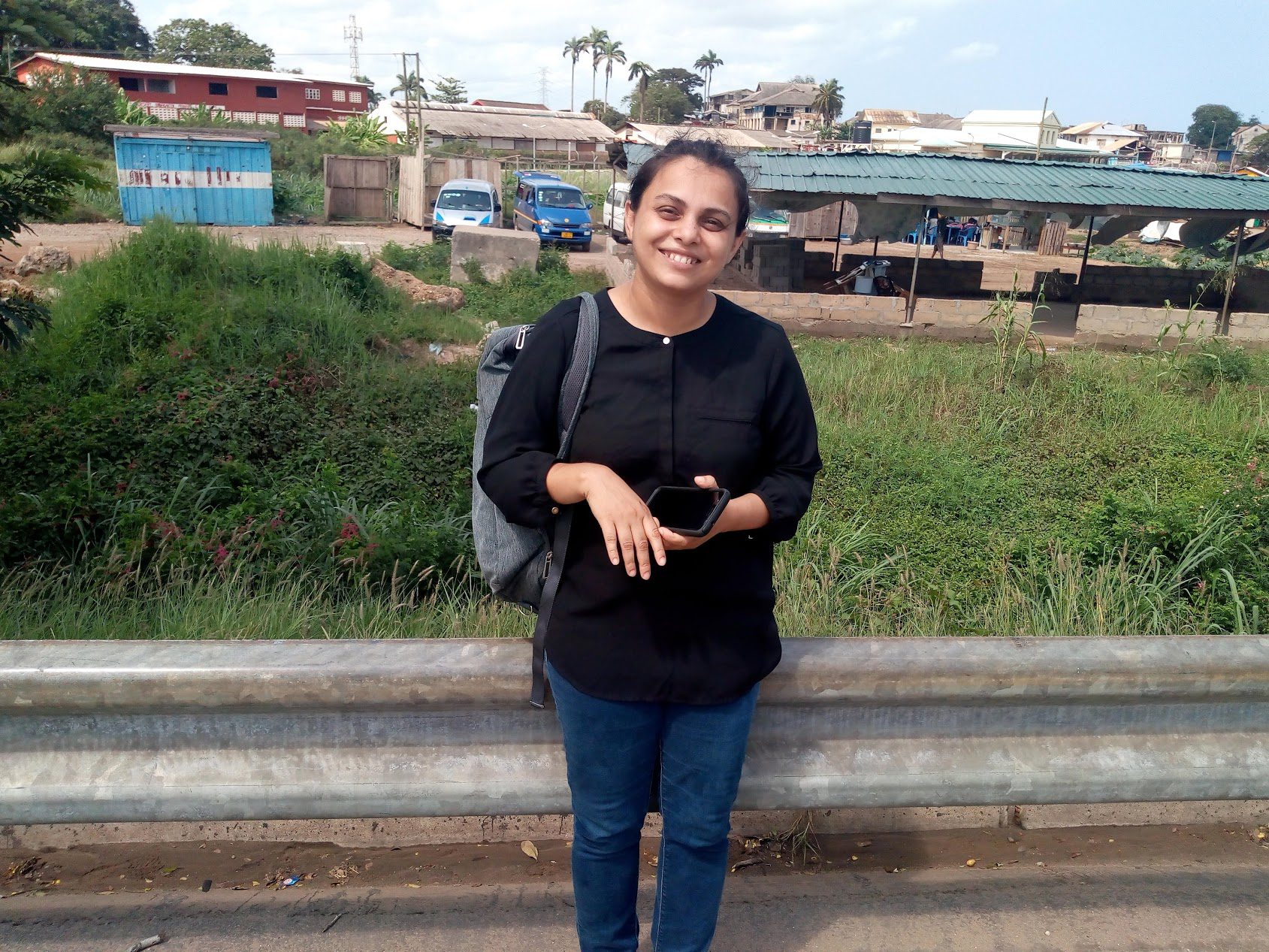
Urban Planning Ph.D. Candidate Taru Awarded Rackham Predoctoral Fellowship
Taru, a Ph.D. candidate in urban and regional planning and African studies, is a 2021–2022 recipient of U-M’s Rackham Predoctoral Fellowship — one of the most prestigious awards granted by the Rackham Graduate School.
Taru — who earned a master’s degree in city and regional planning at Cornell University and a bachelor’s degree in architecture from Jamia Millia Islamia in New Delhi — is currently researching procedural planning and its negotiations with capillary power and governmentality, plural property regimes, and institutional hybridity. She specifically focuses on the structural conflicts and normative debates and questions of “difference” within plural societies that define the planning processes in post-colonial cities in South Asia and sub-Saharan Africa. Most of her work focuses on rethinking planning practices in plural societies to create inclusive and just cities and systems.
University of Michigan doctoral candidates who expect to graduate within six years since beginning their degrees are eligible to apply for the Rackham Predoctoral Fellowship, and the strength and quality of their dissertation abstract, publications and presentations, and recommendations are all taken into consideration when granting this award. Taru’s dissertation, tentatively titled “Hope During a Pandemic: Can Institutional Hybridity Improve the Response to Crisis?,” looks at the emergency response and disaster relief efforts launched by the State, the civil society, and the traditional networks in the face of COVID 19 and related economic shutdown.
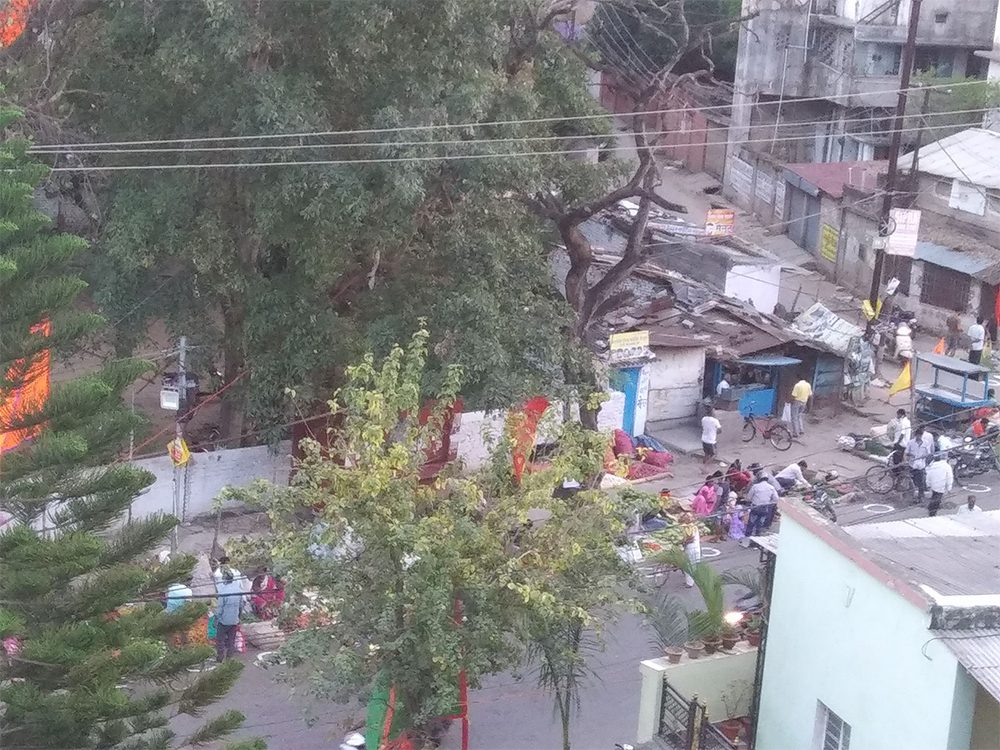
Informal food market at Lalpur, during Phase 2 of National lockdown, Ranchi, Jharkhand, India
Project Abstract: During the COVID 19 induced nation-wide lockdown in India, millions of migrant workers were forced to leave their places of work and find their way back to their native towns and villages. It is estimated that almost twenty million workers were reduced to extreme desperation. The State Government of Jharkhand, civil society organizations, and indigenous communities responded to this dual crisis by forming a hybrid institution called the Jharkhand State Control Room (JSCR). Through a mix of participant observation, surveys, semi-structured interviews, and secondary data analysis, this project seeks to generate grounded theory on hybrid institutions and asks: How can hybrid institutions leverage networks, technology, and resources to address and manage disasters and plan effectively in the face of difference? This project will contribute to the emerging procedural planning literature on planning pluralism, institutional hybridity, and indigenous planning.






